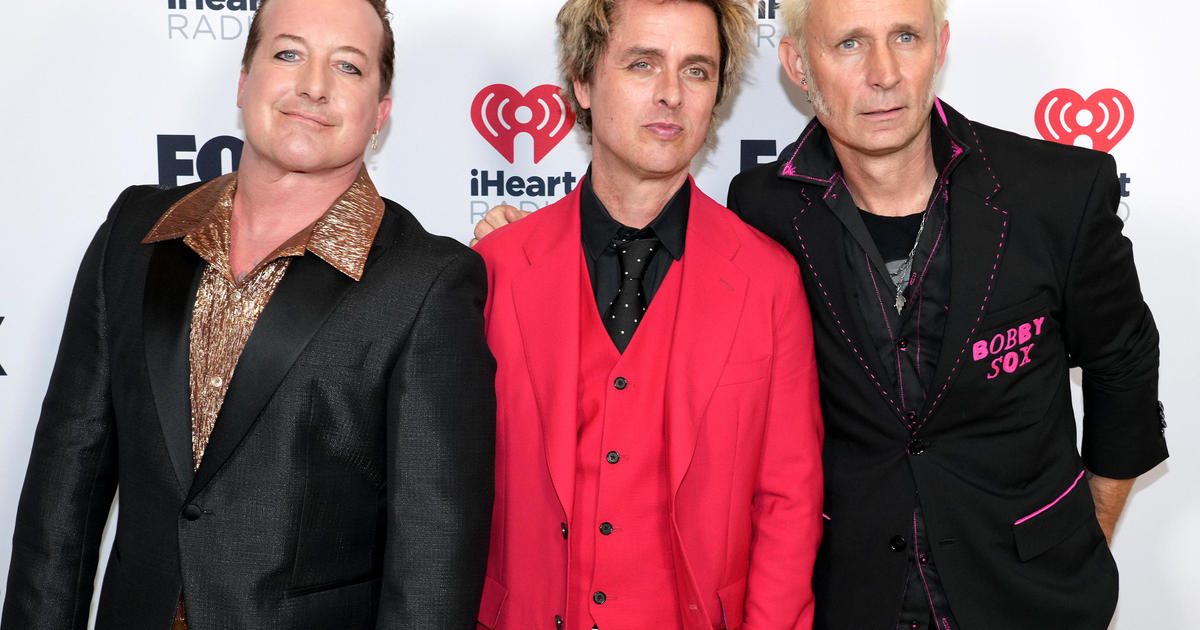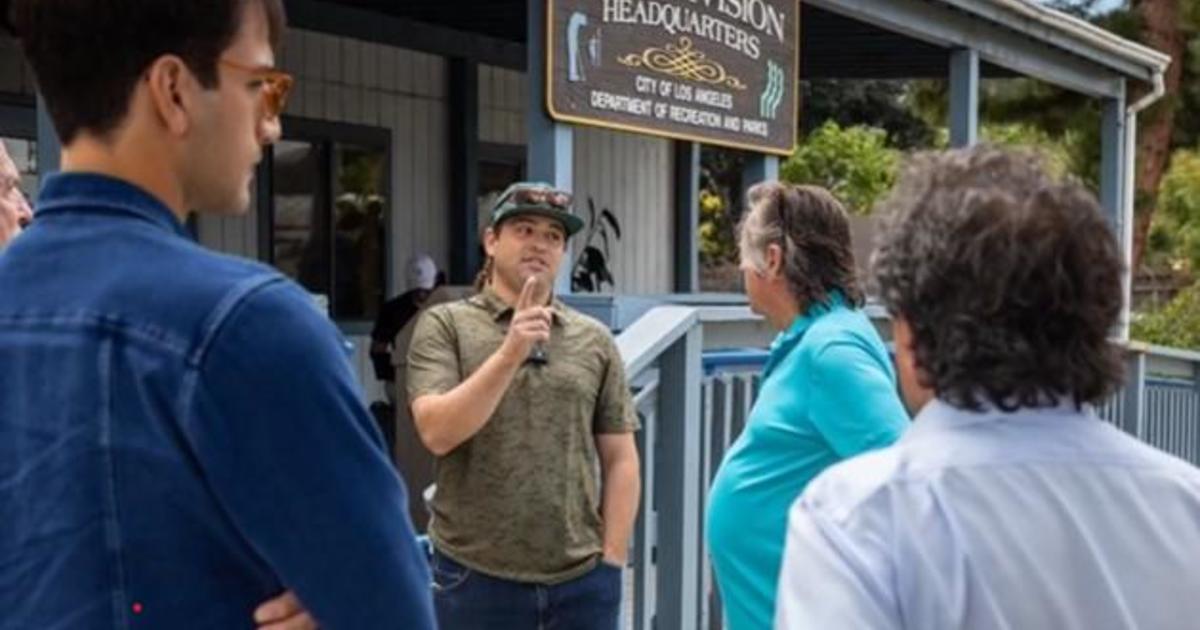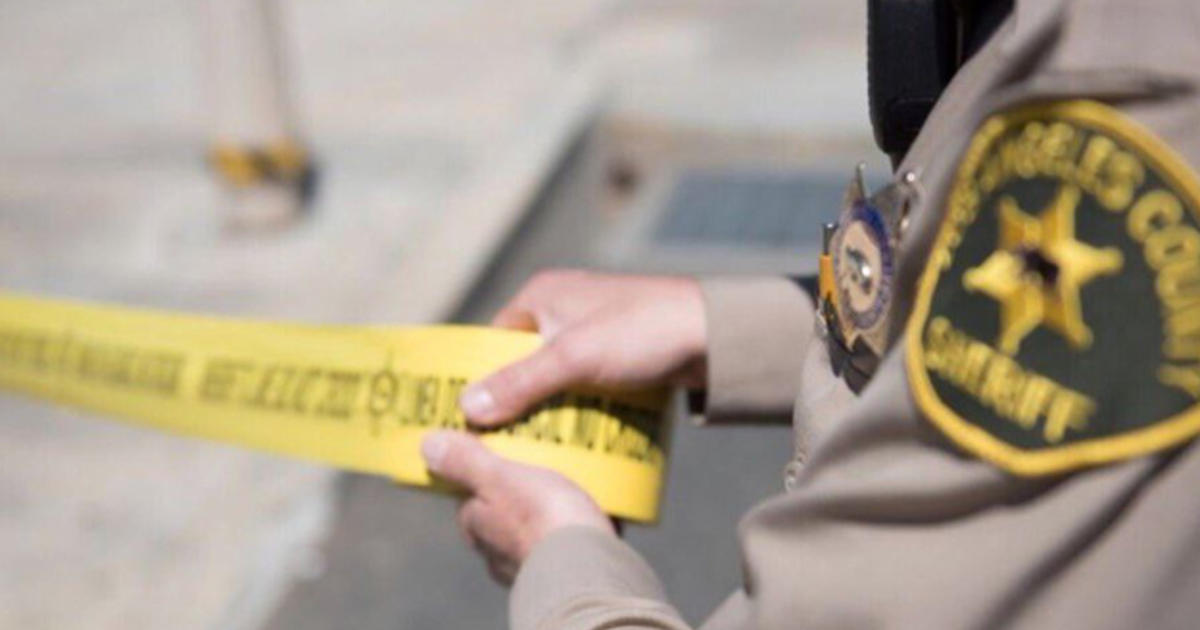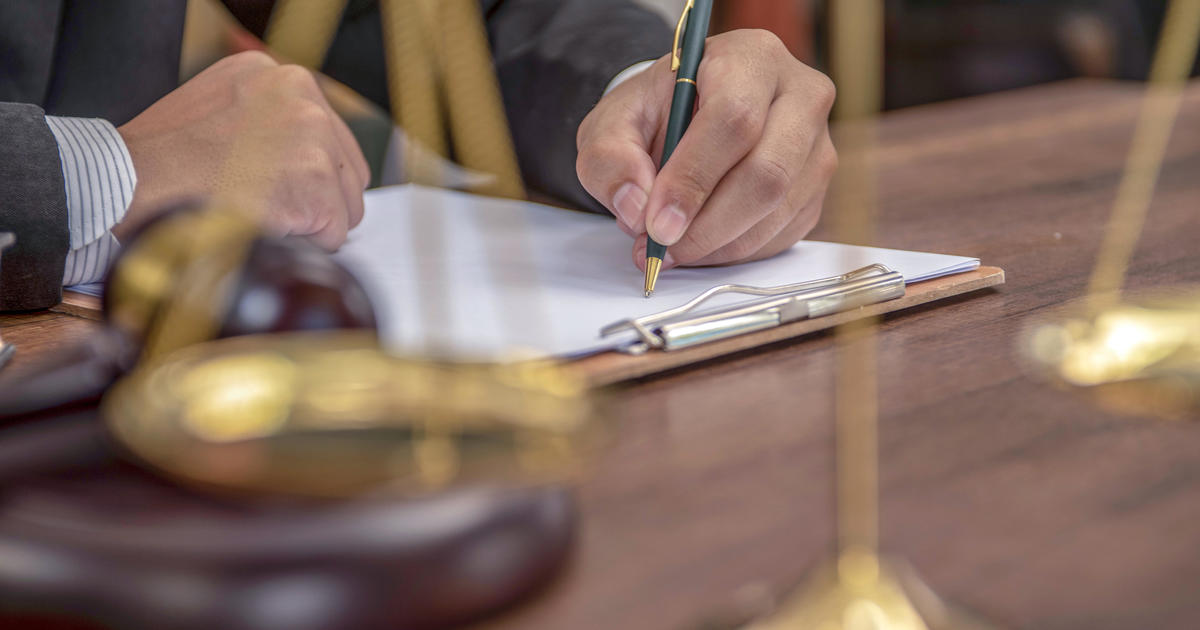Murray Defense Key Witness Threatened With Contempt of Court
LOS ANGELES (CBS) — Dr. Paul White, a key witness for the defense in the case against Dr. Conrad Murray was admonished Monday by Los Angeles Superior Court Judge Michael E. Pastor and threatened with a $1,000 fine for contempt of court.
White previously testified that he believed the evidence showed the entertainer had rapidly given himself 25 milligrams of propofol less than an hour after Murray slowly infused 25 milligrams of the anesthetic into his system. He also said Jackson had taken eight tablets of the sedative lorazepam in the hours leading up to his death.
The exchange between Deputy District Attorney David Walgren and White today got testy at times.
When the prosecutor asked Monday who was responsible for bringing propofol into Jackson's home, the defense witness responded, "Well, Conrad Murray certainly purchased propofol. I understand Michael Jackson had his own supply as well."
Pastor sent the jury out of the courtroom, then chastised White for making comments that were linked to the expert's own conversations with Murray -- which are not in evidence. He noted that White had been admonished by Murray's attorneys not to bring up his subsequent discussions with Jackson's physician.
"It's clearly deliberate. It's not going to happen again," the judge said. "He's trying at every juncture to add in other material ... I don't like it."
Just before a lunch break and again outside the jury's presence, the judge scolded White for telling jurors he would like to explain something to them but that the judge told him that he couldn't.
"That is a direct violation of my order and, quite frankly, constitutes contempt of court," Pastor said, noting that he was prepared to fine White $1,000, but would give him an opportunity to address the issue Nov. 16.
The defense's expert on propofol had already been ordered by the judge to come to court next month for a possible contempt hearing for making comments to the media about the case outside the courtroom -- against strict rules set down by the judge.
On the stand Monday, White said he has been paid about $11,000 for his work for Murray's defense.
White is expected to be the defense's final witness. Defense attorneys for Murray could wrap up their case as early as Monday. The seven-man, five-woman jury could feasibly be given the case to begin deliberating late this week.
Murray is accused of involuntary manslaughter in the 2009 death of Michael Jackson, who overdosed on the anesthetic propofol.
Michael Jackson's personal physician deviated from the accepted standard of care in the months leading up to the singer's death and on the day the entertainer died, White acknowledged Monday.
Testifying in Murray's involuntary manslaughter trial, White testified that he had never heard of anyone administering the powerful anesthetic propofol in a patient's bedroom and had never done it himself either.
"Without careful bedside monitoring, it could be dangerous," the veteran anesthesiologist testified when Walgren asked if it would be extremely dangerous to administer propofol with an IV drip for about two months as Murray told police he had before trying to wean Jackson off the medication.
Murray told police he had given Jackson a 25-milligram dose of propofol and, after monitoring him carefully for a time, left the bedroom for about two minutes to use the bathroom.
The defense has contended that Jackson gave himself the fatal dose of propofol while Murray was out of the room.
In his third day on the stand, White said he believed that Jackson injected himself with a syringe that Murray had already drawn up -- likely while the doctor was on a series of phone calls.
When asked if it was an extreme deviation from the standard of care for Murray not to keep medical records of his treatment of the singer, White answered, "I think it's a deviation from the standard of care. ... I would say it's perhaps between minor and serious, not extreme in my opinion."
White also conceded that if he had been in Murray's position, he would have "immediately" called for help when he discovered that the singer had stopped breathing, adding that he could not justify any delay in making such a call.
But he added, "I think he should have called 911 sooner. ... I do not, however, think it would have made any difference in the outcome of this case."
He also said that given Murray's statement that Jackson had expressed familiarity with propofol and how to use it, a doctor should be careful about giving such a patient access to the medication
"It would certainly make me careful about allowing access to (propofol)," he said. "... No, I would not leave the room."
Murray, a 58-year-old cardiologist, faces up to four years in prison if convicted of the felony charge stemming from Jackson's death on June 25, 2009, from acute propofol intoxication.
Prosecutors allege Murray gave the singer a fatal intravenous dose of propofol, then spent about 45 minutes on the phone or sending emails instead of monitoring him. Jackson was in Los Angeles rehearsing for a series of 50 concerts in London dubbed "This Is It."
(©2011 CBS Local Media, a division of CBS Radio Inc. All Rights Reserved. This material may not be published, broadcast, rewritten, or redistributed. Wire services contributed to this report.)



